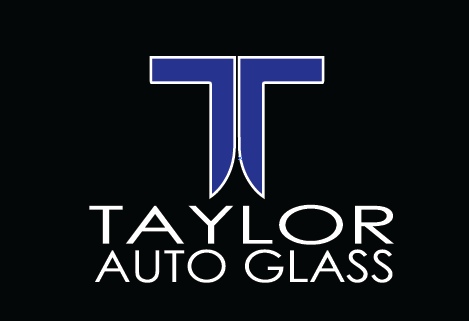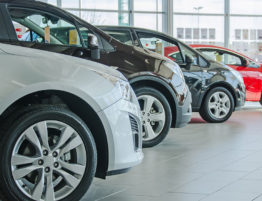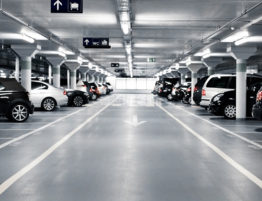
Millennials catch a lot of flack for embracing trends like adult onesies, weird facial hair, and overpriced coffee while deprioritizing trends like home ownership, marriage, and obtaining a driver’s license. So if fewer millennials are interested in getting a driver’s license, surely this generation of gadget and technology lovers are on board with rise of self-driving cars, right?
Wrong.
Millennials report increased fear of autonomous cars.
Following headlines of autonomous driving accidents, including two fatal crashes, surveys show that more millennials have grown wary of self-driving technology than any other age cohort. And they’re not alone.
More than 80% of the car owners surveyed for an April 2018 study said they wouldn’t be interested in owning an autonomous car within the next 5 years, with almost 80% of the participants from the same study stating they are not excited about advances in autonomous vehicle technology.
Why are people growing skeptical towards self-driving cars?
Survey respondents listed Tesla as the most trusted name in the autonomous technology industry, but even as the most trusted brand, only 24% of the study participants trust Tesla — even more people (27%) stated they don’t trust any company to provide self-driving cars. So, why aren’t folks more excited about these technological advances?
Safety.
Safety concerns are the most frequently given reason for not trusting self-driving cars. People trust themselves more than they trust an autonomous vehicle to safely navigate in traffic.
Interestingly, the majority of people surveyed stated they wouldn’t feel comfortable just knowing self-driving cars were on the road with them — suggesting they also trust other drivers to stay alert and prevent collisions more than they trust self-driving cars with features like automatic braking, lane control, following distance monitoring, blind spot cameras, and GPS.
Control.
At the heart of feeling safe is feeling in control of a situation.
Self-driving cars appear to take the control out of our hands, even if the technology behind it is actually more reliable than human drivers. Most drivers already benefit from semi-autonomous features like collision prevention, cruise control, lane control, parallel parking assistance, and blind spot monitoring, but these features balance technological intervention with the driver’s control — meaning the vehicle is never truly on autopilot.
Speed.
Essentially, self-driving technology is coming on too strong, and people are put off by it.
Cruise control was scary at one point, and now it’s a staple feature. Automatic braking seemed too far out to embrace, but drivers realized it’s a nice feature to have when the driver in front of you parks it on the highway out of the blue (and that your car won’t spontaneously brake for no reason). Semi-automatic features help prevent collisions due to human error on a daily basis….so when will we be able to trust a fully autonomous vehicle?
Is self-driving technology ready to hit the road? Not at all. There’s clearly still extensive product testing to be done and plenty of room for improvement, but it looks like millennials will see fully autonomous cars become mainstream sooner rather than later.
- Driving with a Cracked Windshield is Dangerous! - November 28, 2019
- Common Causes of Windshield Cracks: What You Need to Know - November 20, 2019
- The Best Road Trip Snacks for Kids - November 20, 2019
Write a comment:
You must be logged in to post a comment.








